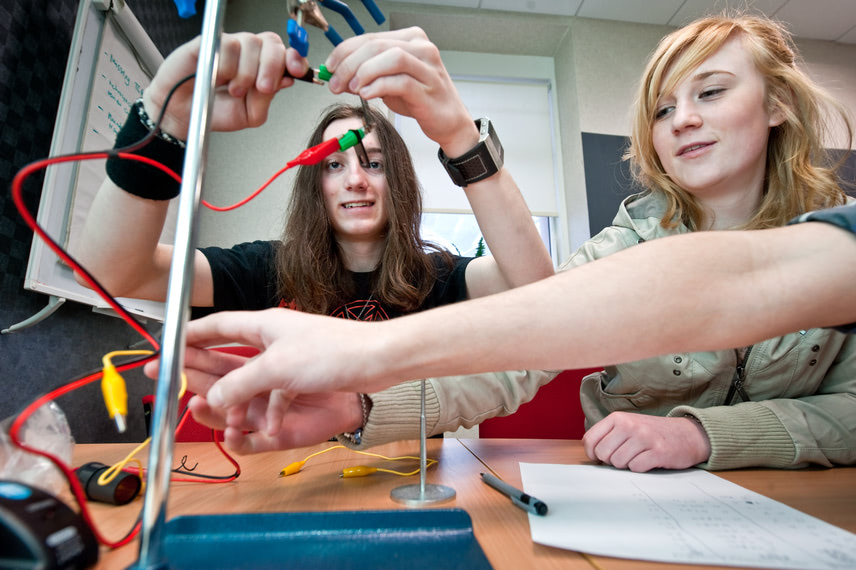Project-Based Learning and employer engagement in University Technical Colleges offer lessons for schools

The report highlighted that PBL, which requires students to work to briefs and deadlines and use skills such as critical thinking and problem solving, appears to enhance their academic learning in subjects like English or history as well as technical subjects.
Students interviewed also felt that attending the UTC had benefitted their confidence, motivation and engagement as the classroom-based and project-based learning was relevant to real world work situations. Local employers also valued the talent pipeline generated by working with local schools.
- Schools should actively contact businesses, asking how the school can support and help them become involved in curriculum design and delivery, thereby supporting employers’ recruitment needs in the future;
- Demonstrate to teachers the benefits of employer input into PBL and ensure teachers have the tools, skills and resources to work with employers.
- Demonstrate how employers can play an integral part in developing and delivering PBL and, at the same time, reap rewards for their business;
- Flexibility around timetabling so students can access a full day of PBL rather than sessions being spread across the week;
- Employ key staff with industry backgrounds and connections to enhance relationships between business and schools;
- Involve employers early on in any project and support them so that they know exactly what their contribution will be and when and reassure them that the school will do as much as possible to facilitate their contribution;
- Ensure students have a full understanding of PBL and how it enables them to gain skills and knowledge that may help them ‘stand out’ in the future.
The following UTCs participated in the Evaluation of University Technical Colleges research:
About The Edge Foundation: An independent education charity which via its research, policy and campaign work is shaping the future of education. Edge believes that we all need to be equipped with the skills that today’s global, digital economy demands, through a broad and balanced curriculum, including technical and creative subjects, excellent careers guidance and strong links between employers and education.
About The National Foundation for Educational Research (NFER): The leading independent provider of education research. Our unique position and approach delivers evidence-based insights designed to enable education policy makers and practitioners to take action to improve outcomes for children and young people. Our key topic areas are: accountability, assessment, classroom practice, education to employment, social mobility, school funding, school workforce and systems and structures. As a not-for profit organisation, we re-invest any surplus funds into commissioning self-funded research to further contribute to the science and knowledge of education research.
About the Royal Academy of Engineering: As the UK’s national academy for engineering and technology, we bring together the most successful and talented engineers from academia and business – our Fellows – to advance and promote excellence in engineering for the benefit of society.
- • Make the UK the leading nation for engineering innovation and businesses
- • Address the engineering skills and diversity challenge
- • Position engineering at the heart of society

Responses